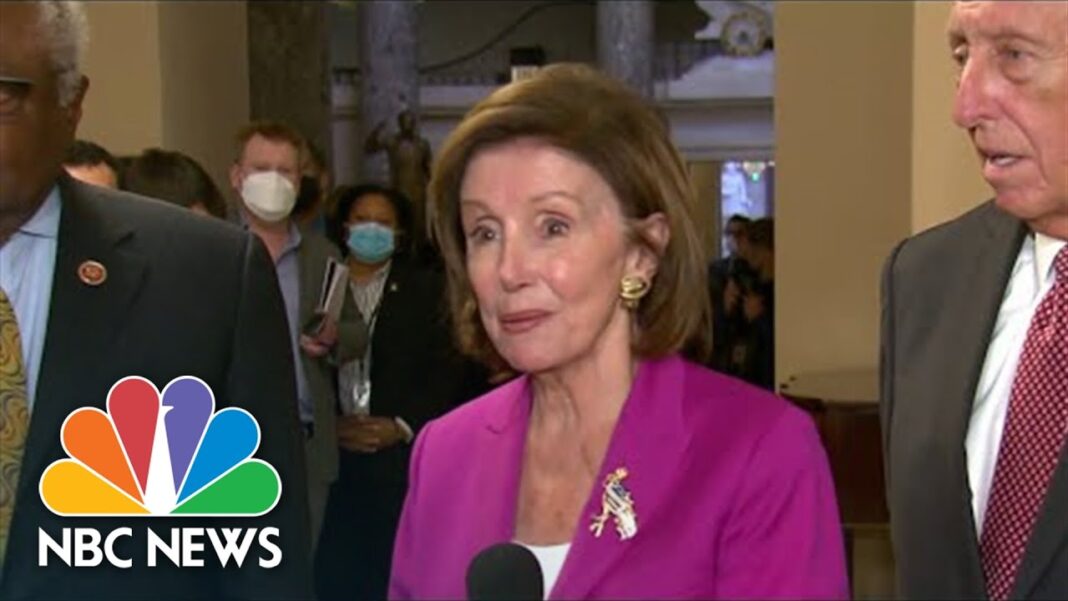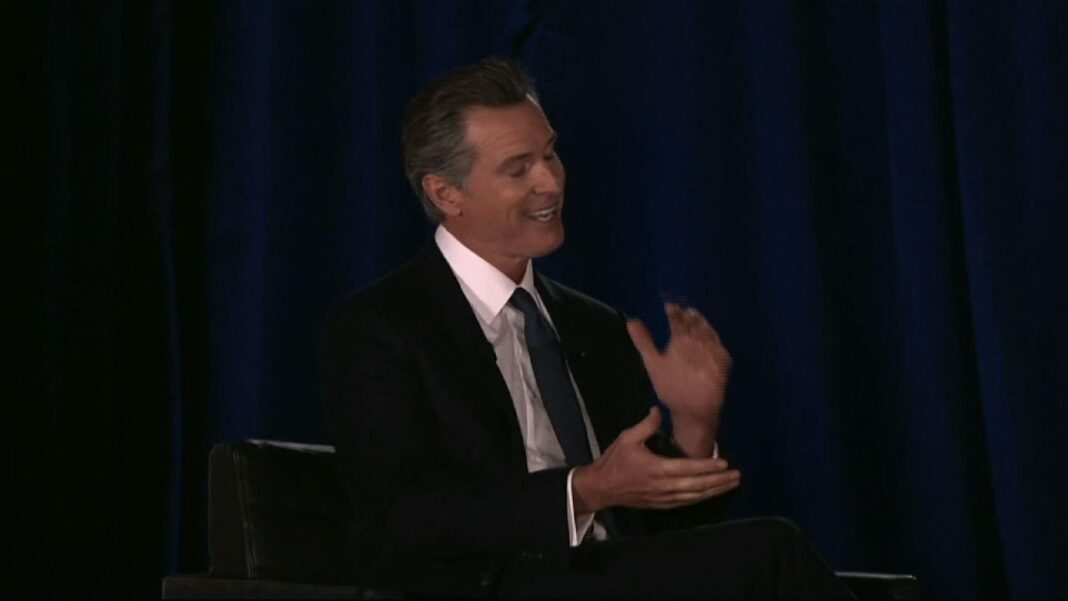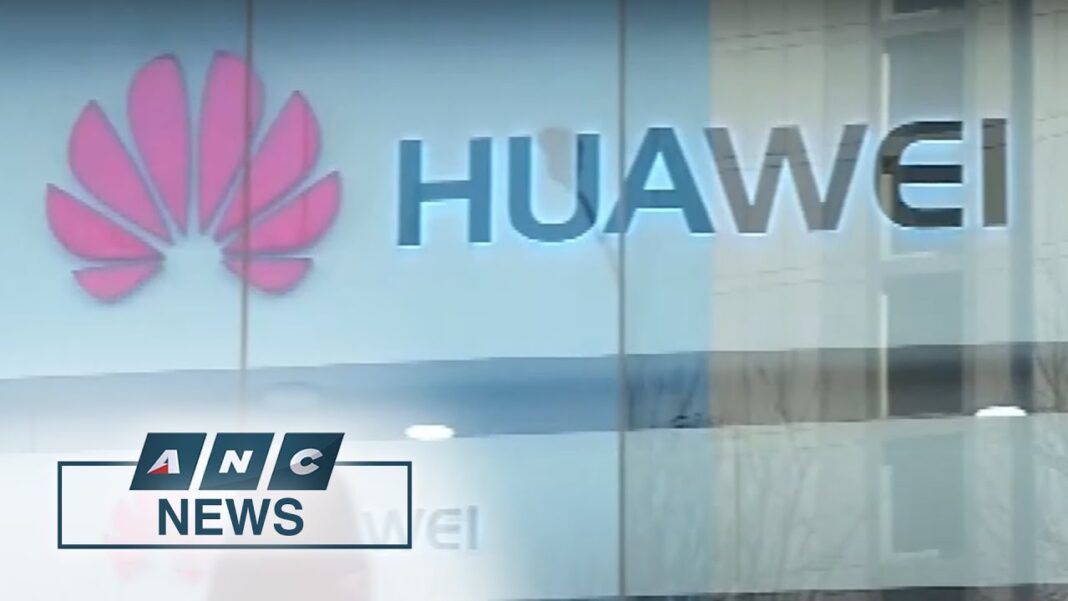
The Committee for a Responsible Federal Budget (CRFB), a nonpartisan organization with an emphasis on federal finances, has said that Democrats’ budget reconciliation, which Democrats have marketed as a $1.75 trillion bill, will actually cost around $2.4 trillion.
The $1.75 trillion bill was unveiled by the White House after months of negotiations with a handful of moderates who refused to vote for the original, more expansive $3.5 trillion budget proposal.
But according to CRFB, this new $1.75 trillion figure is far too conservative.
CRFB, which describes itself as “a nonpartisan, non-profit organization committed to educating the public on issues with significant fiscal policy impact,” has an impressive history. The group was founded by Reps. Robert Giaimo (D-Conn.) and Henry Bellmon (R-Okla.) after both left Congress in 1981.
The group has researched legislation for decades, and has not shied away from criticizing proposals from both parties.
In 2017, when Republicans used the reconciliation process to pass the Tax Cuts and Jobs Act, CRFB warned that the legislation would increase the federal deficit and the national debt. “Tax cuts don’t pay for themselves,” they wrote in a blog post.
Now, CRFB has turned its attention to Democrats’ Build Back Better budget bill. According to new analysis by the group, the bill will actually initiate $2.4 billion in new spending.
By far the most expensive item in the bill will be universal pre-K and childcare programs, coming in at $390 billion. In addition, Democrats’ proposed family leave program, which has been controversial with some moderates, would cost $195 billion.
Climate provisions in the bill will set the nation back by over half a trillion dollars, costing $555 billion in total.
For many Democrats, climate policy has been an essential element of the bill, and supporters of the legislation, like President Joe Biden and Speaker of the House Nancy Pelosi (D-Calif.) have emphasized when discussing the bill that it is “the largest investment to fight climate change in U.S. history.”
Biden has put forward a lofty goal for the bill to achieve: a 50 percent reduction in U.S. emissions by the year 2030.
To meet this goal, the bill would devote most of its climate funding to incentivizing non-fossil fuel energy.
For example, utility companies will be eligible to receive kickbacks for transferring from fossil fuels to solar and other non-carbon emitting sources. Other plans in the bill would incentivize electric cars and charging stations in an effort to further reduce emissions.
Comparatively little in the bill will go toward health care provisions, which were significantly weakened in the pared down compromise budget.
$150 billion will go to funding home-based care, which Democrats have said will help people who are currently caring for a disabled or elderly relative to reenter the work force.
The bill would also extend Affordable Care Act premium tax credits, which allow some families to deduct the cost of their health insurance premium—but not all health insurance premiums are eligible for these deductions; According to CRFB, these extended tax credits will cost $125 billion.
The bill also appropriates $30 billion in spending on Medicare hearing benefits. Initially, progressives hoped for comprehensive hearing, vision, and dental benefits, but these did not make it into the compromise budget.
Another $30 billion will go to growing the healthcare workforce. Currently, hospitals and other healthcare facilities around the country are experiencing severe shortages of healthcare workers as nurses and doctors quit their jobs in order to avoid Biden’s vaccine mandates. These funds will go to try to regrow that workforce.
Looking at these and other expenditures, CRFB estimates that the bill will actually cost $2.4 trillion, $650 billion more than its top line price.
But CRFB also warns that “the legislation relies heavily on arbitrary expirations to keep reported costs down.”
In short, this means that the bill sets some programs to end in a few years, apparently lowering the price of the legislation. However, Democrats could easily re-authorize the programs later in another reconciliation bill. “Making all provisions permanent,” writes CRFB, “would cost $2 trillion to $2.5 trillion over a decade.”
At the same time, CRFB’s analysis shows that revenue schemes in the bill will not cover the full price of the bill. Rather, they will offset the price by $2.2 trillion, increasing the federal deficit by around $200 billion.
The Congressional Budget Office has yet to release their own analysis of the bill, which several moderates have indicated is necessary to gain their support for the legislation.
If the CBO’s analysis aligns with CRBF’s, some moderates—especially Joe Manchin (D-W. Va.) and Kyrsten Sinema (D-Ariz.) in the Senate—may refuse to vote for the bill, forcing Democrats back to the drawing board after months of delays.
By Joseph Lord








